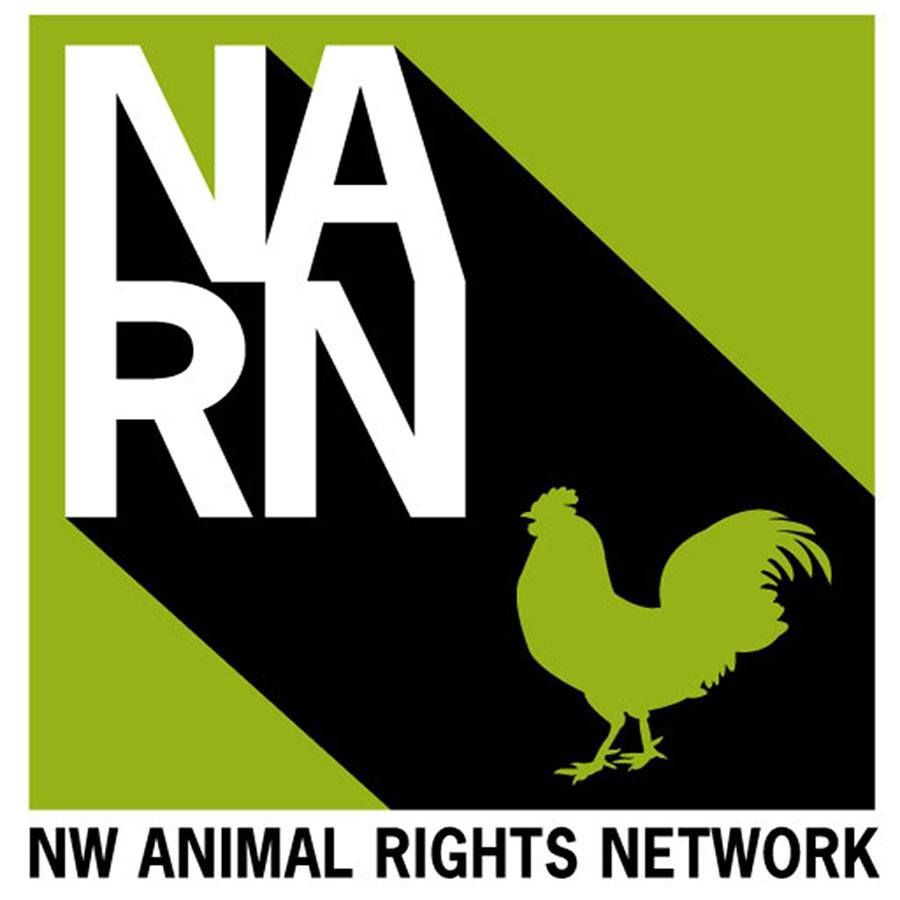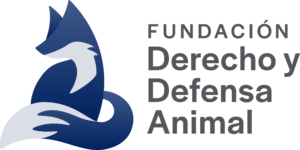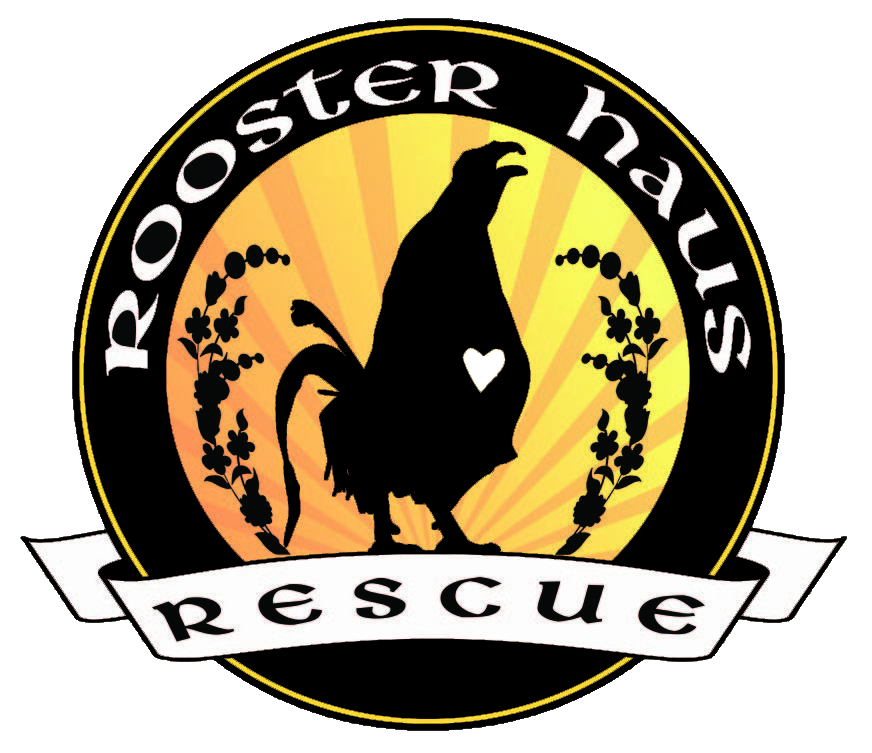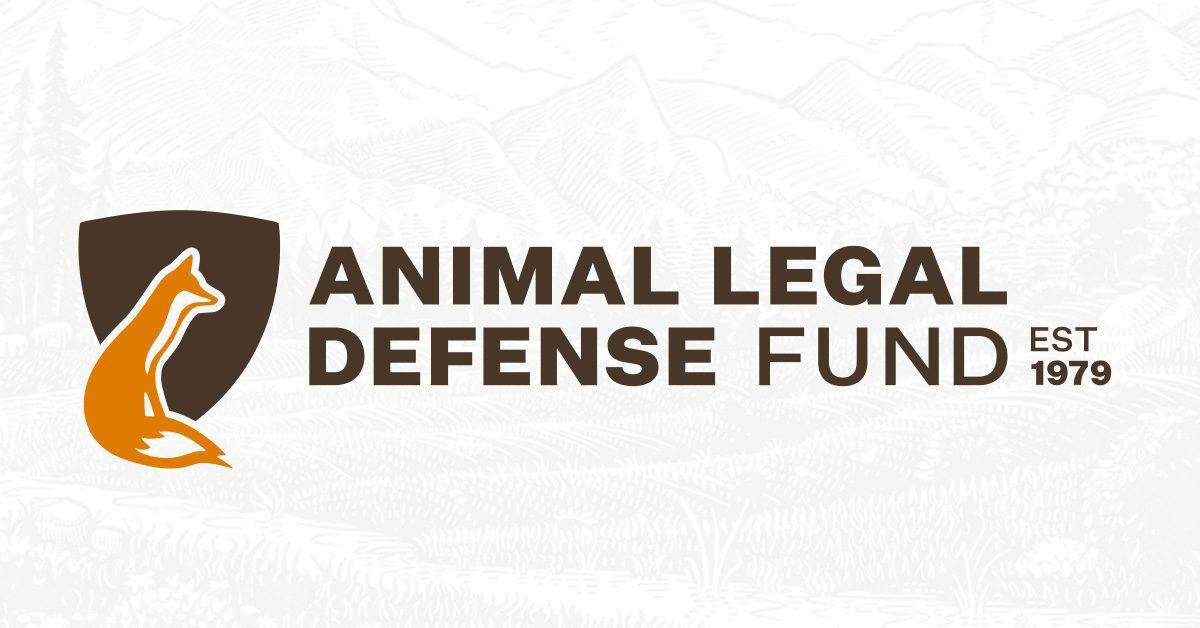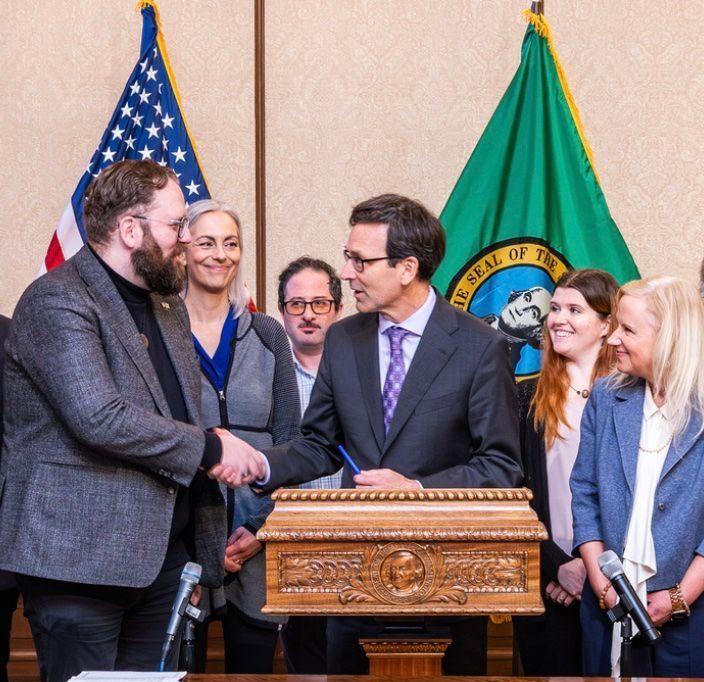
- Kathleen Hanna
WHO WE ARE
Animal Rights Initiative (ARI) is a 501(c)(3) organization that exists to protect natural biodiversity and catalyze a paradigm shift away from commodifying animals to recognizing their inherent value as sentient beings and equally valuable contributors to the world-wide ecosystem. We work in different sectors (food, health, entertainment, and fashion) to dismantle systemic entrenchment of animal use in order to reduce factory-farmed populations and ultimately achieve animal freedom. Agriculturists are forcing animals to go against their biology in order to produce unnatural products, and we are the counter-force the Earth has produced to restore compassion, balance, and harmony.
What makes us different is that we combine thoroughly researched government, community and corporate outreach to achieve our goals of legislative protections and corporate policy changes. We also mentor new individuals / organizations and empower them to use their rights and introduce citizen-led initiatives within their jurisdictions in order to make a greater impact for ecological protections. There are trillions of animals ensnared within thousands of industries, and we believe we must increase the amount of single-issue campaigns across the movement in order to make meaningful change, not combine or distract from existing efforts. Our mentorship produces new leaders to fast track parallel campaigns and scale our mission of actual animal liberation from human exploitation within our lifetimes.
Because of the exponentiated risks of zoonotic illness transmission and excessive waste contributing to Harmful Algal Blooms (HABs), our focus is primarily on factory farms and/or similar industrial breeding mills.
Animal use is deeply entrenched in human livelihoods; we are committed to staying flexible and pro-active to improve as many industries as we can in order to increase quality of life and reach biosecurity. We believe in strategic, transparent, collaborations that promote significant components of alignment.
CURRENT CAMPAIGNS
We believe in reducing demand by making incremental, systemic changes while advocating for ethical consistency. We have single-issue campaigns throughout multiple systems that impact biodiversity.
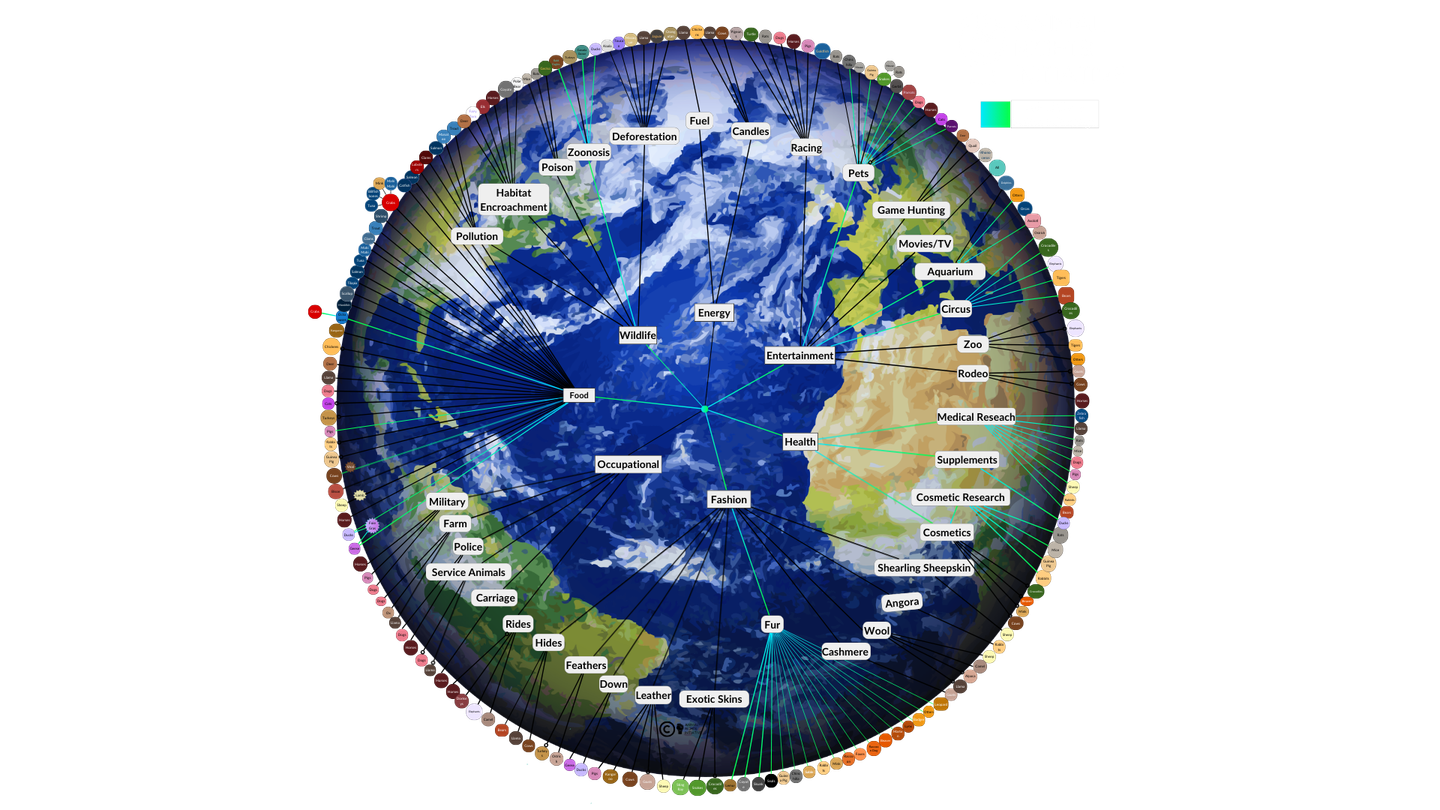
Browse By Sector
Explore how we're inspiring change across various sectors.
Fur
Exceptionally unsustainable, inherently cruel to animals. Animals on fur farms are not covered by the Animal Welfare Act or Humane Slaughter Act.
Research
Bunnies, Chimps, Guinea pigs and more are subjected to painfully intrusive tests despite being rendered useless over 90% of the time.















